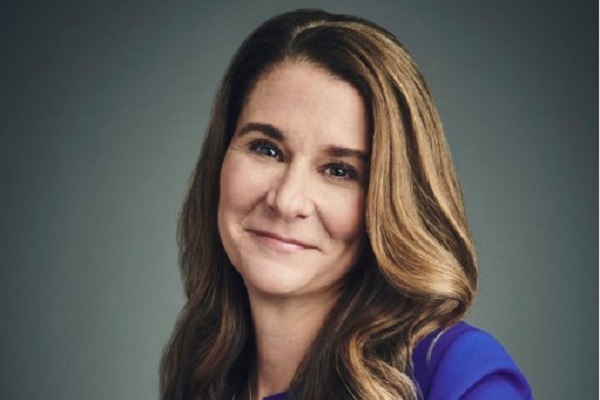Melinda Gates has called on governments to start thinking about childcare as “essential infrastructure” as they rebuild economies amid the COVID-19 crisis.
In the annual Bill and Melinda Gates letter, Melinda Gates wrote that her major focus over the past year has been calling on world leaders to put women at the centre of their COVID-19 response.
“If governments ignore the fact that the pandemic and resulting recession are affecting women differently, it will prolong the crisis and slow economic recovery for everyone,” Gates said.
“For example, because of the economic shutdowns over the last year, hundreds of millions of people in low-income countries have needed help from their government to meet basic needs. But the cruel irony is that the women who most need these economic lifelines tend to be invisible to their governments.”
She noted the rise of women doing unpaid care work and the decrease of women’s workforce participation as major issues setting back progress on gender equality in the pandemic.
“With billions of people now staying home, the demand for unpaid care work—cooking, cleaning, and childcare—has surged. Women already did about three-quarters of that work. Now, in the pandemic, they’ve taken on even more of it,” Gates said.
“This work may be unpaid, but it comes at an enormous cost: Globally, a two-hour increase in women’s unpaid care work is correlated with a 10 percentage point decrease in women’s labor force participation.”
Investing and improving childcare is one of the primary ways that governments can improve gender equality and economies, Gates wrote in the letter.
“As governments rebuild their economies, it’s time to start treating child care as essential infrastructure—just as worthy of funding as roads and fiber optic cables,” Gates said.
“In the long term, this will help create more productive and inclusive post-pandemic economies.”

